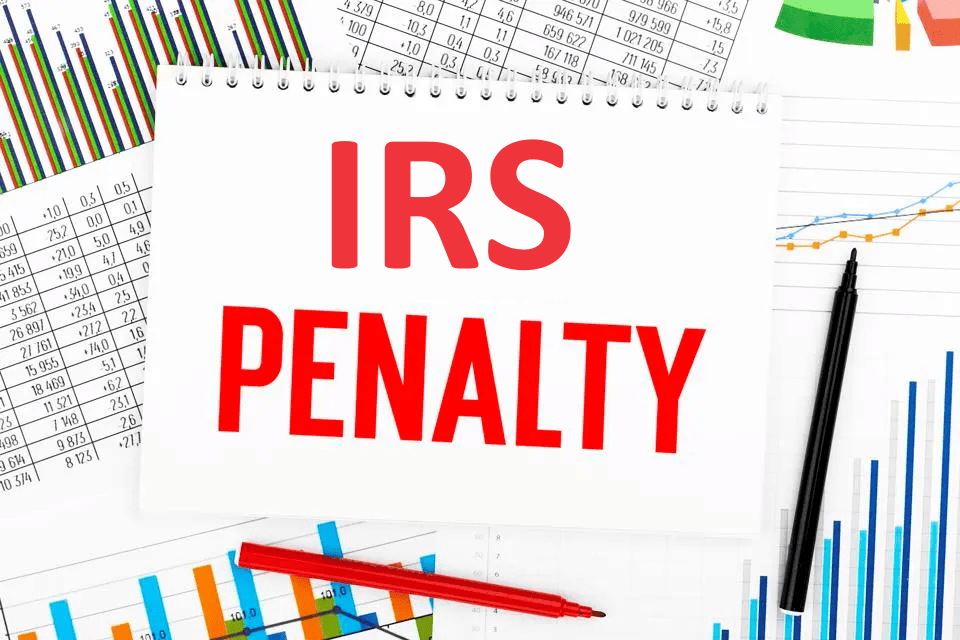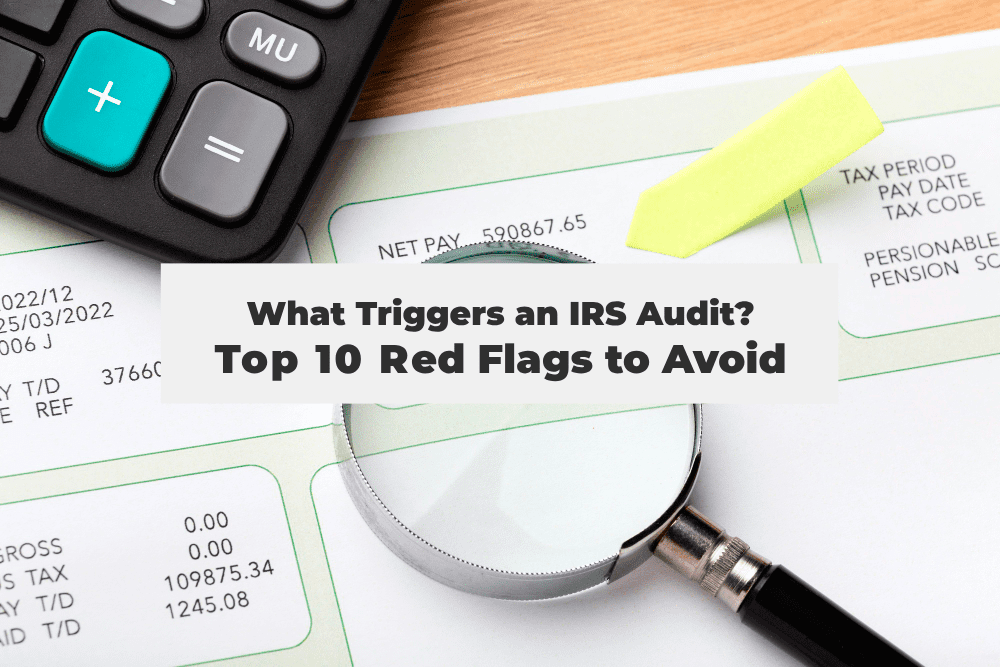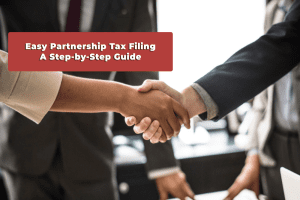Navigating taxes is no easy feat, especially when the dreaded IRS audit looms over taxpayers’ heads. While most tax returns are processed without a hitch, there are certain actions or financial details that can increase the chances of an IRS audit. This blog will break down what triggers an audit in simple terms, so you can avoid raising red flags and stay compliant.
What is an IRS Audit?
An IRS audit is essentially a review of your financial information to ensure that the information you provided on your tax return is accurate. It doesn’t automatically mean you did something wrong, but it’s the IRS’s way of double-checking that you followed the tax rules correctly. Audits can happen randomly, but often they are triggered by certain patterns or mistakes.
1. High Income Levels
The more money you make, the more likely you are to be audited. Why? Because higher earners are often engaged in more complex financial situations, which increases the chance of errors or misinterpretations of tax laws. In fact, individuals with incomes over $1 million are more likely to face an audit than those earning less.
2. Unreported Income
One of the biggest triggers for an audit is failing to report income. Whether you earned freelance income, side gig money, or rental income, the IRS expects you to report every penny. When businesses or clients issue a 1099 form reporting payments to you, the IRS also gets a copy. If the numbers on your tax return don’t match up with the 1099s they received, that’s a red flag.
Example: If you made $5,000 from a part-time job but didn’t report it, you could face an audit once the IRS notices the discrepancy.
Check IRS Form 1099 Information, This provides resource on what 1099 forms are and what income needs to be reported.
3. Excessive Deductions
Taking deductions for business expenses is fine, but going overboard might raise eyebrows. If your deductions are significantly higher than others in the same income bracket, the IRS may investigate. For instance, claiming an unusually high percentage of your income for charitable donations or business expenses can be seen as suspicious.
Example: If your business made $100,000 but you claimed $90,000 in expenses, the IRS might take a closer look.
4. Claiming the Earned Income Tax Credit (EITC)
The Earned Income Tax Credit is designed to help low- to moderate-income workers get a tax break. However, it’s a frequent target for fraud, so the IRS tends to scrutinize tax returns that claim this credit more carefully. Make sure you meet all qualifications if you plan to claim the EITC, as incorrect claims can lead to an audit.
Check IRS EITC Eligibility. This page helps in confirm eligibility and avoid mistakes.
5. Math Errors or Typos
Sometimes, something as simple as a math error or typo can trigger an audit. While the IRS doesn’t audit everyone who makes small mistakes, frequent errors could prompt a review. Always double-check your calculations or use tax software to minimize the risk.
Example: If you meant to write $4,500 in deductions but accidentally wrote $45,000, this could lead to an inquiry.
You may also like to read:
Navigating IRS Penalties: What You Need to Know
If you don’t meet your tax obligations, you might owe a penalty. The IRS charges penalties for various reasons, including…
Read More

6. Home Office Deduction Misuse
If you’re self-employed or running a small business, you may qualify for the home office deduction. However, this is an area that’s often abused. The IRS is strict about what qualifies as a legitimate home office, so if you’re claiming it, make sure it’s for a space used exclusively for business purposes. Claiming your living room as a home office won’t pass muster with the IRS.
Tip: To qualify, the space must be used regularly and exclusively for work, and your deductions should be proportional to your home’s size.
Check IRS Home Office Deduction Guidelines. This resource clarifies the rules for claiming the home office deduction.
7. Excessive Business Meal or Entertainment Expenses
Claiming every lunch or entertainment expense as a business expense is risky. The IRS is strict about what qualifies as a legitimate business expense in this category, so make sure to keep thorough records and receipts to justify your claims. Too many meals or entertainment deductions could prompt an audit.
Example: If you’re deducting every Friday lunch out as a “business meeting,” you may be raising a red flag.
8. Foreign Bank Accounts
If you have a bank account in a foreign country and don’t report it, this can trigger an audit. The IRS requires taxpayers to file the Foreign Bank Account Report (FBAR) if the aggregate value of all foreign accounts exceeds $10,000 at any time during the year. Failing to report foreign assets or accounts could result in hefty penalties or an audit.
Check IRS FBAR Filing Requirements. This page explains the rules surrounding foreign accounts and how to file them properly.
9. Round Numbers
If you report your income or deductions using suspiciously round numbers, like $5,000 or $10,000, the IRS may take a closer look. Real expenses usually aren’t rounded so perfectly, so seeing this on your tax return can look suspicious. The IRS may view this as an indication that you’re estimating or not keeping accurate records.
10. Cash Businesses
Businesses that operate mostly in cash (e.g., restaurants, salons, or taxi services) are more likely to be audited. The IRS knows it’s easier to underreport income in cash-heavy industries, so they tend to scrutinize these businesses more closely. Make sure you’re keeping detailed records of all cash transactions.
Tip: Keeping detailed logs of cash sales and expenses can help ensure you avoid problems with the IRS.
How to Reduce Your Audit Risk
Now that you know what triggers an audit, here are a few ways to avoid one:
- Be Honest and Accurate: Always report all of your income and take the correct deductions.
- Keep Good Records: Make sure you have receipts, invoices, and other documentation to back up your claims.
- Double-Check Your Return: Simple errors can raise flags. Review your numbers or use tax software to ensure everything adds up.
- Hire a Professional: If your taxes are complicated, it may be worth hiring a professional (like the experts at Taxfully) to make sure your return is prepared correctly.
Conclusion
Being audited by the IRS is no fun, but by understanding what triggers an audit, you can take steps to reduce your chances. By staying compliant, keeping detailed records, and accurately reporting your income and deductions, you can make the process of filing your taxes stress-free.
If you’re worried about triggering an IRS audit or need help preparing your taxes, Taxfully is here to assist. Our experts can guide you through the tax process, ensuring everything is accurate and compliant. Book a free consultation with us today to get started!




